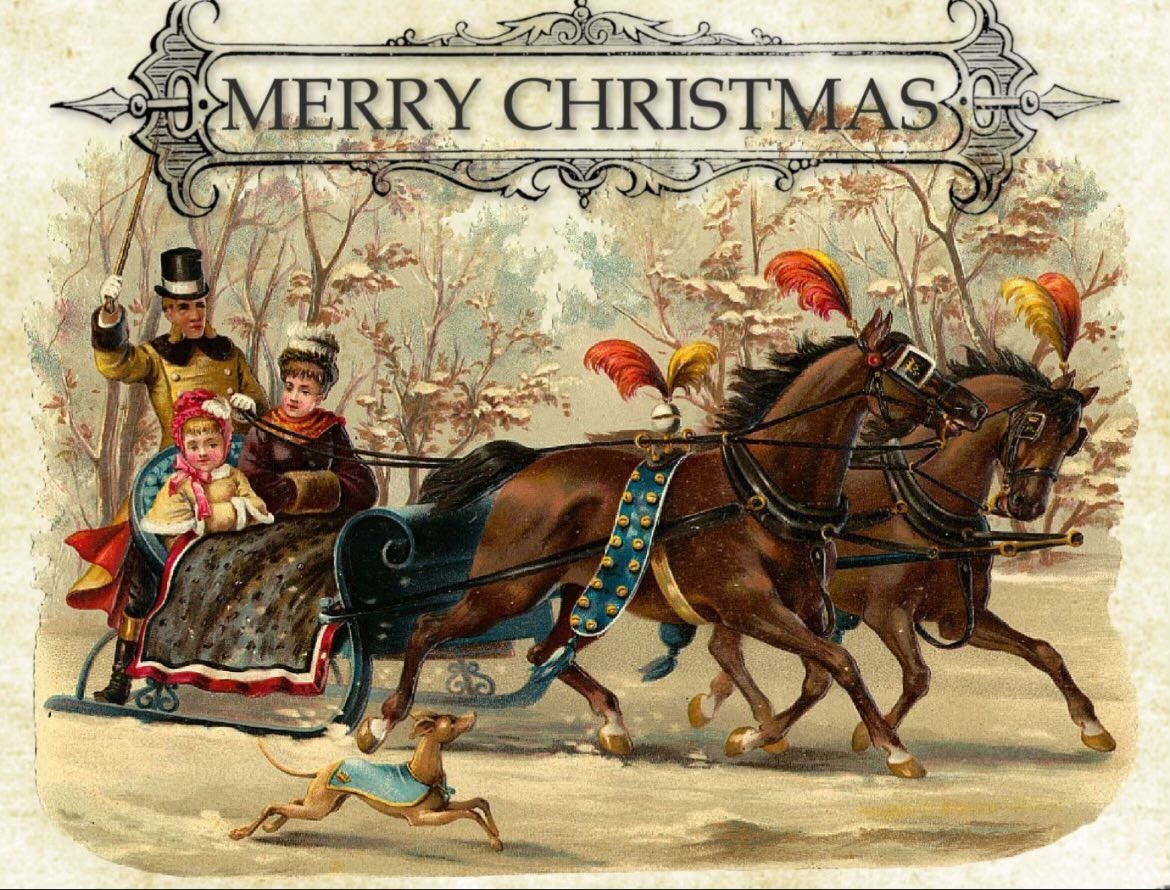
Show full banner

A Christmas I’ll Never Forget
I was 21. A truck driver during the day and a student at night, I was asked to teach Sunday school at a little rural Alabama church that met only twice a month.
You see, the membership was old and few in number. Many thought the church should be closed. But these ornery old people liked their church and didn’t care what anyone else thought they should or shouldn’t do.
One of the members had heard me speak and asked if I would be their pastor.
Pastor?
I didn’t know anything about that, but I agreed to come every other week to teach Sunday school for a couple of months until they could find someone else. Amused by my youth and energy, they had no intentions of replacing me and two months stretched into two years.
On Christmas Eve of 1988, I did something I had never done before: instead of teaching, I let people share a favorite Christmas memory.
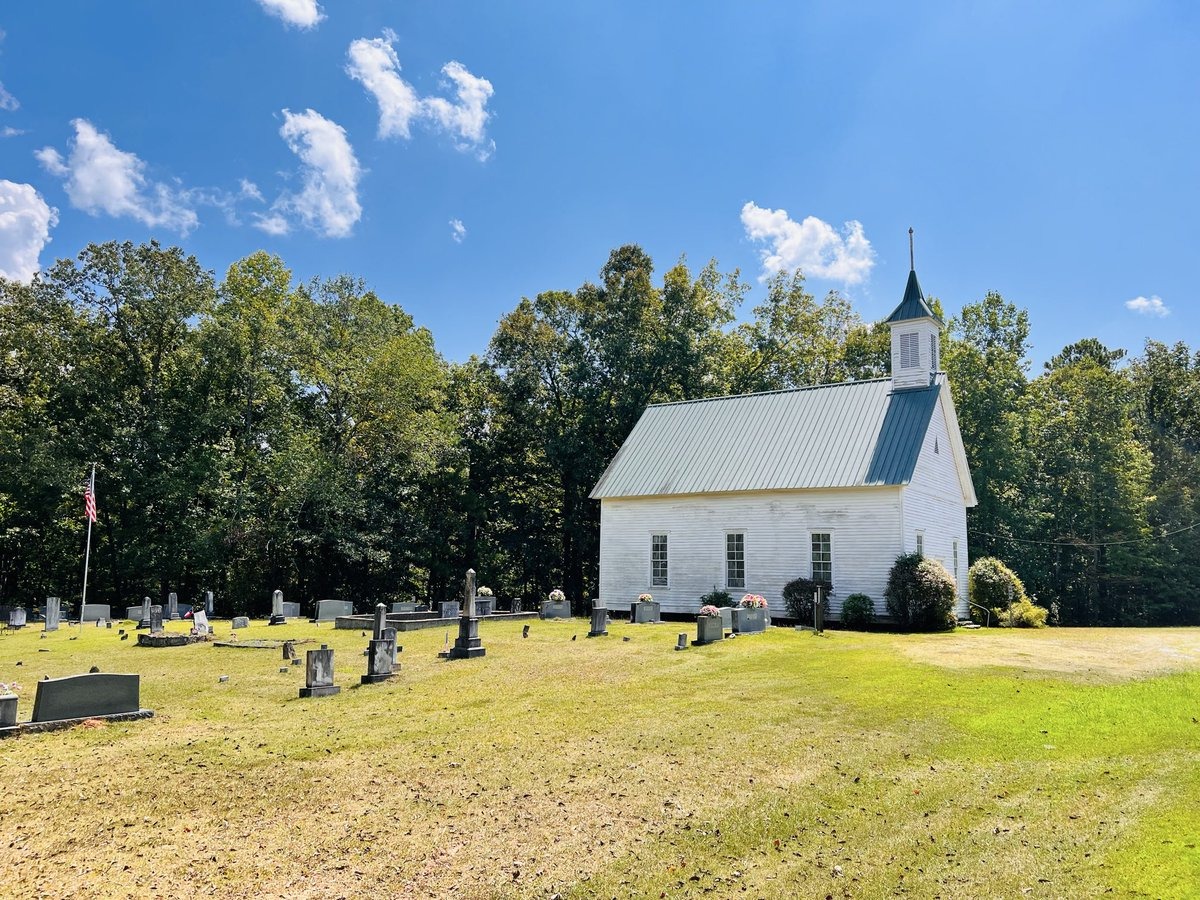
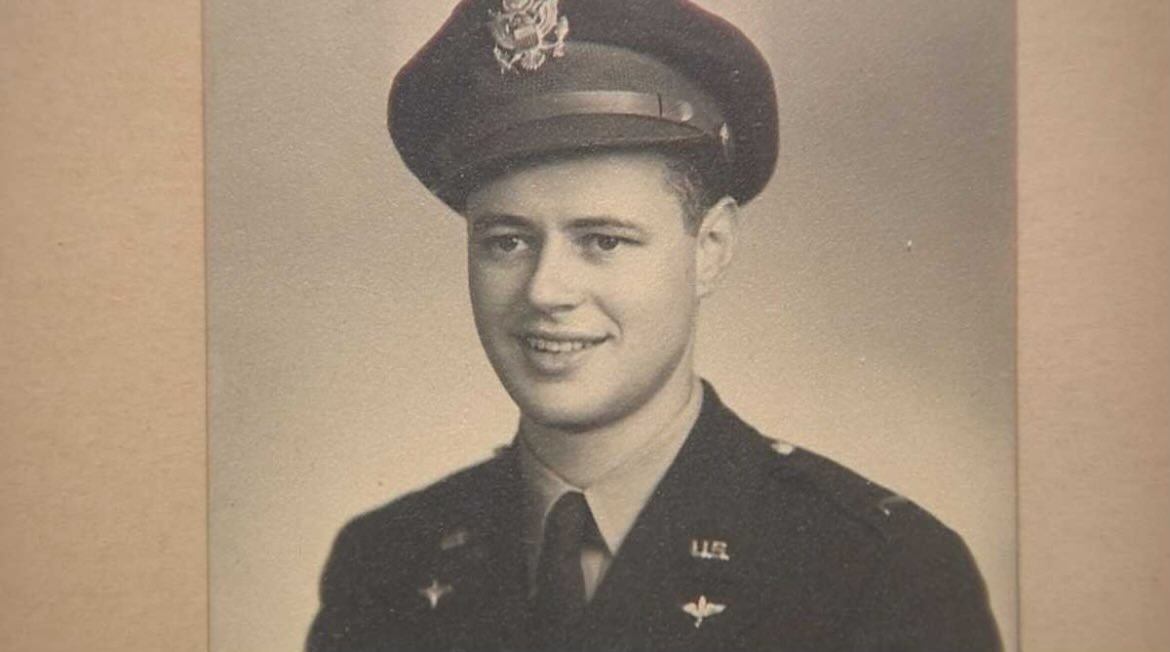
I confess that my motive was entirely due to the fact that as a full time student and a full time truck driver, I had little time to prepare a lesson, and this particular week I’d had none. I was exhausted, and needing to get through the morning, I had this inspired idea.
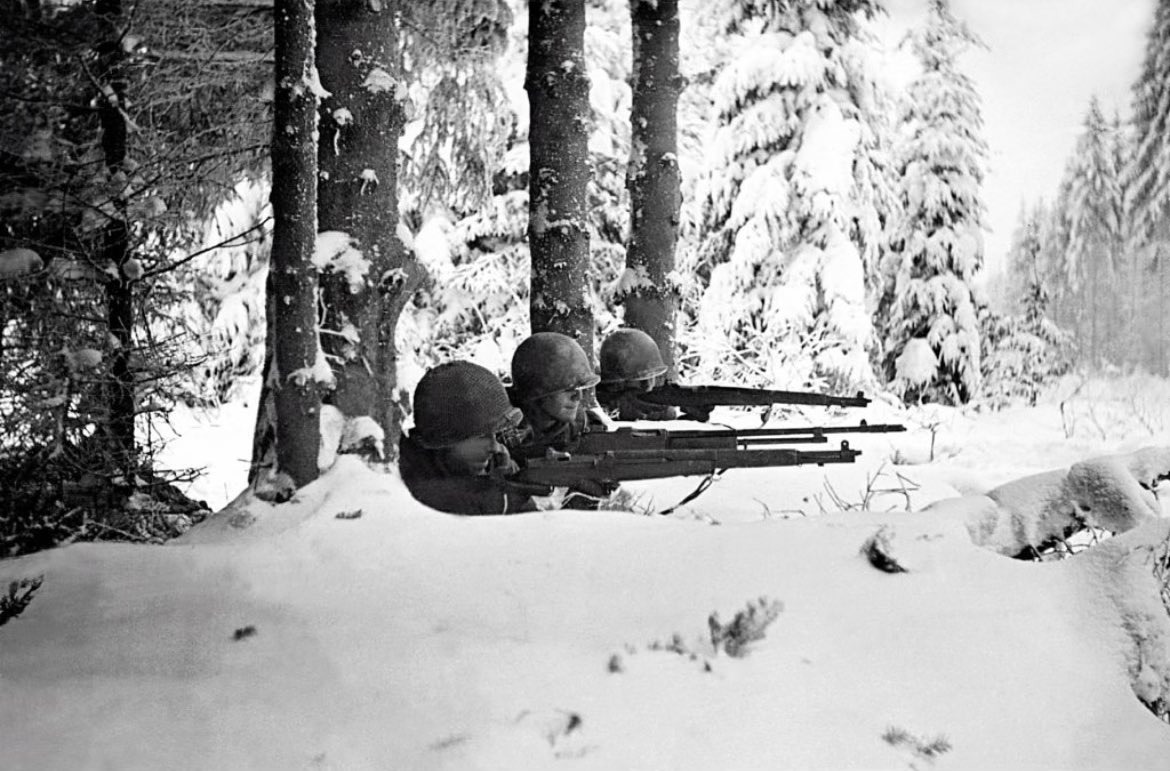
I was not, however, prepared for what followed.
When I say the members of this church were few, I mean that Easter might see 40 attendees. And when I say they were old, the average age was probably 70+. They are all long dead now. As I look back, I can’t help but be struck by the absurdity of a 21 year-old teaching these people. What wisdom could I possibly impart to such a congregation?
On this extraordinary Sunday, it was they who imparted it to me.
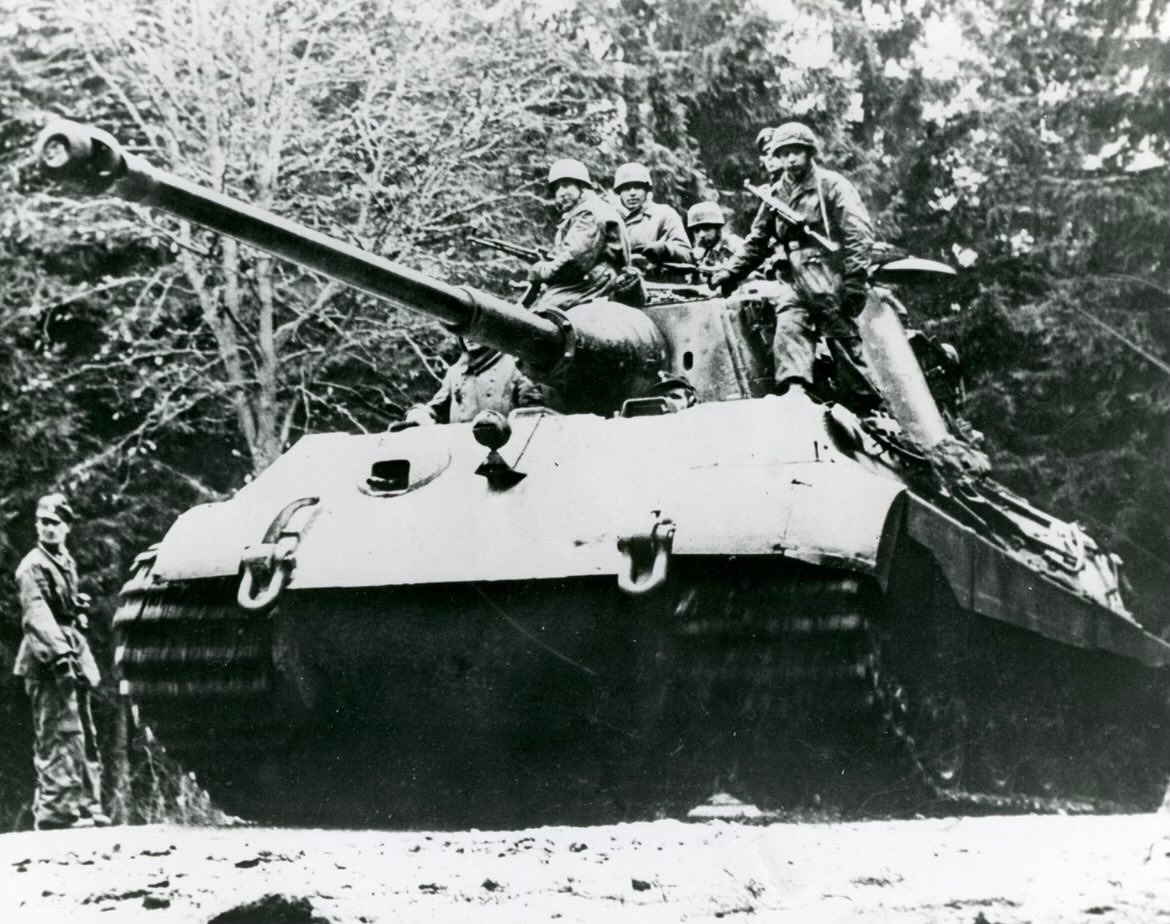
After the usual awkward silence, a few people spoke of special moments with their families. Then one man stood up and talked about Christmas as a boy during The Great Depression. He said his mom and dad had told the children that they couldn’t afford gifts that year. The children accepted this as the reality of their poverty with grace.
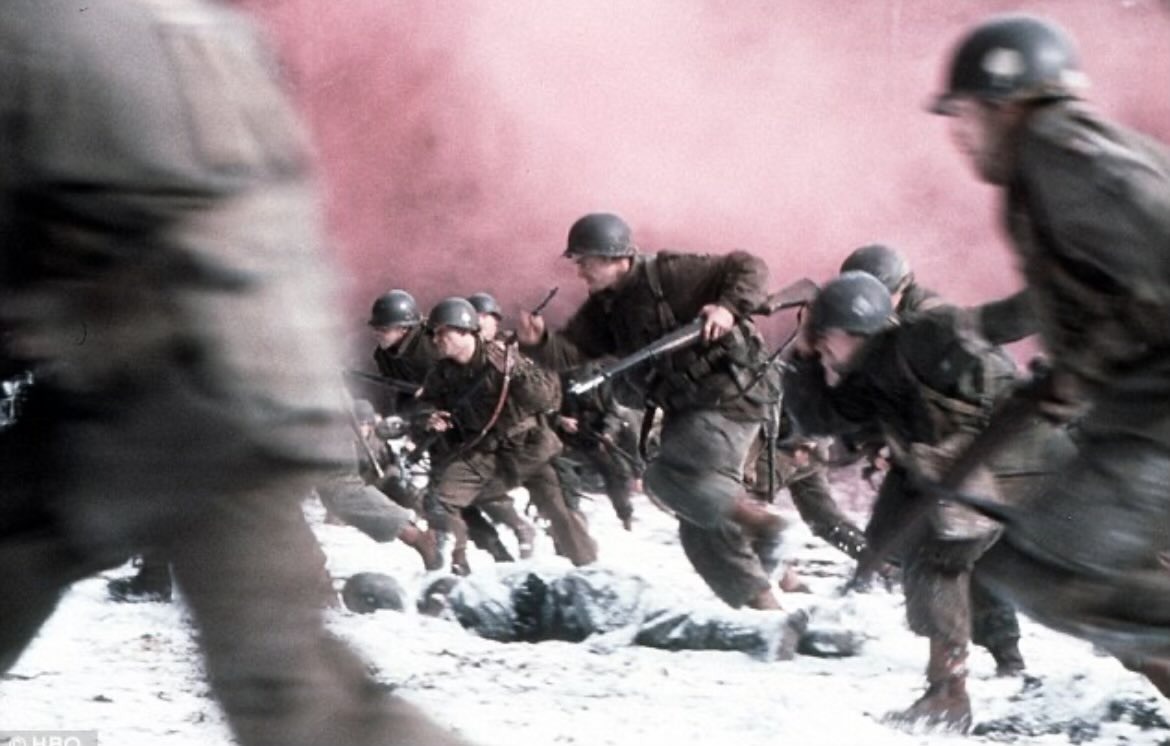
Then, on Christmas morning, he said his dad got a gleam in his eye, went out of the room and came back with an orange and a candy cane for each child. He had made a deal with the grocer who let him buy them on credit. He said it was the best Christmas gift he ever received. An orange and a candy cane. On credit.
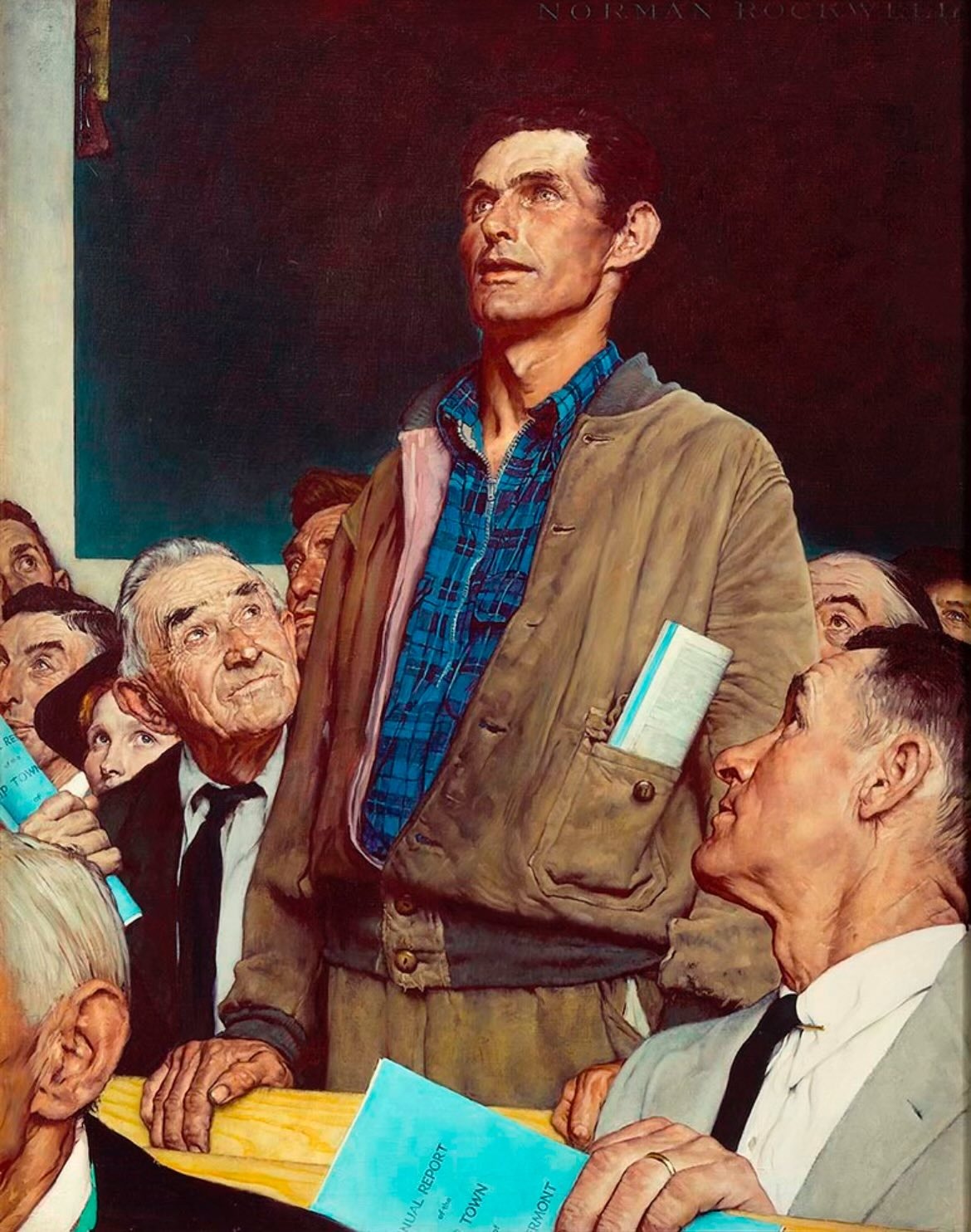
At that time, I was poor. I was married, had a newborn son, an old car, a rented house, and not two wooden nickels to rub together. But I’d not known poverty like this. We lived lavishly by comparison. This was long before I began regularly visiting the third world where I see mind-blowing poverty. His story cast my struggles in a different light.
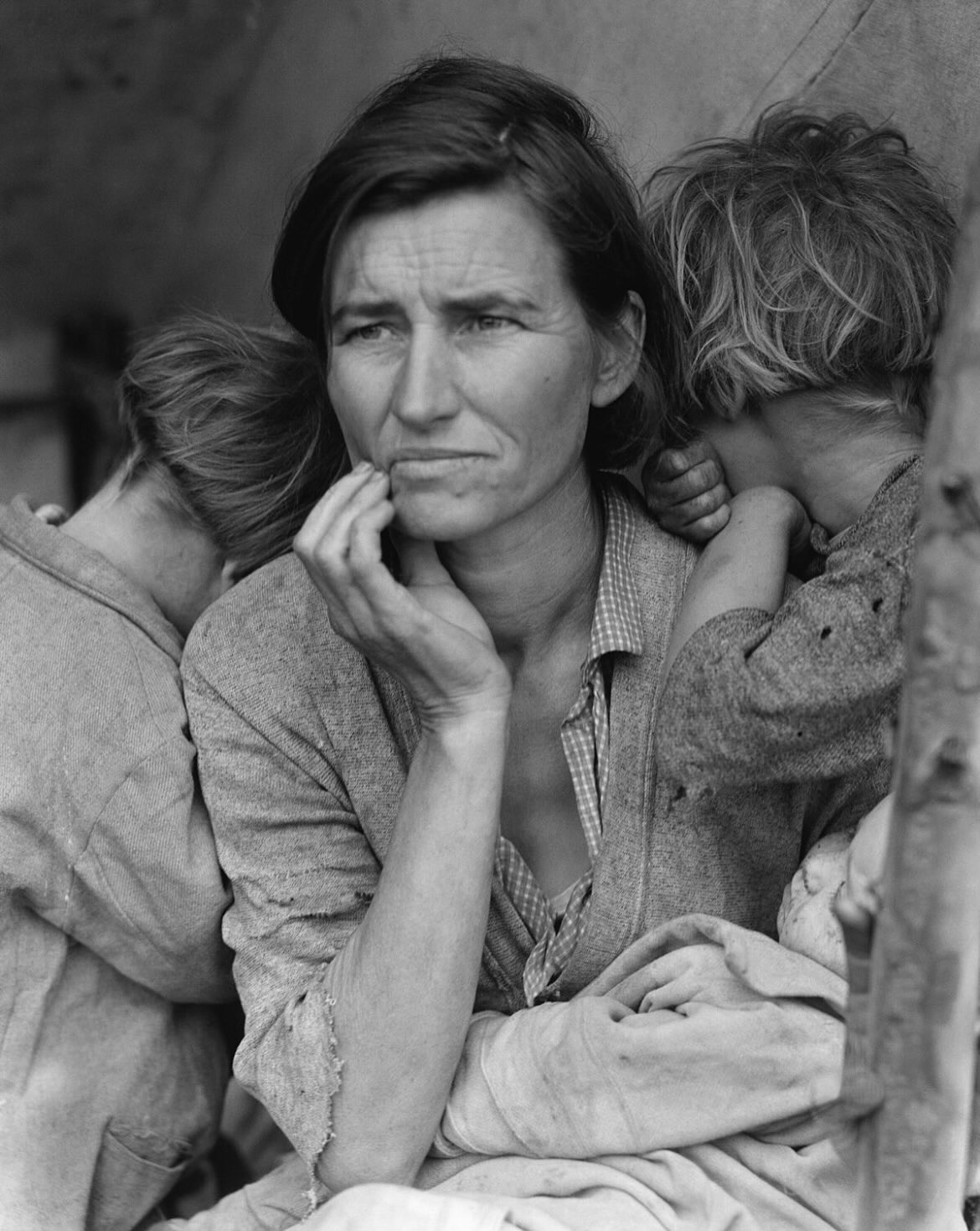
Then another man stood. I knew him to be friendly, often teasing me about my youth. But in this moment he was somber. With trembling voice he said that on this very day in 1944 he was fighting in the Battle of the Bulge. No Christmas since was not plagued with the memories of it.
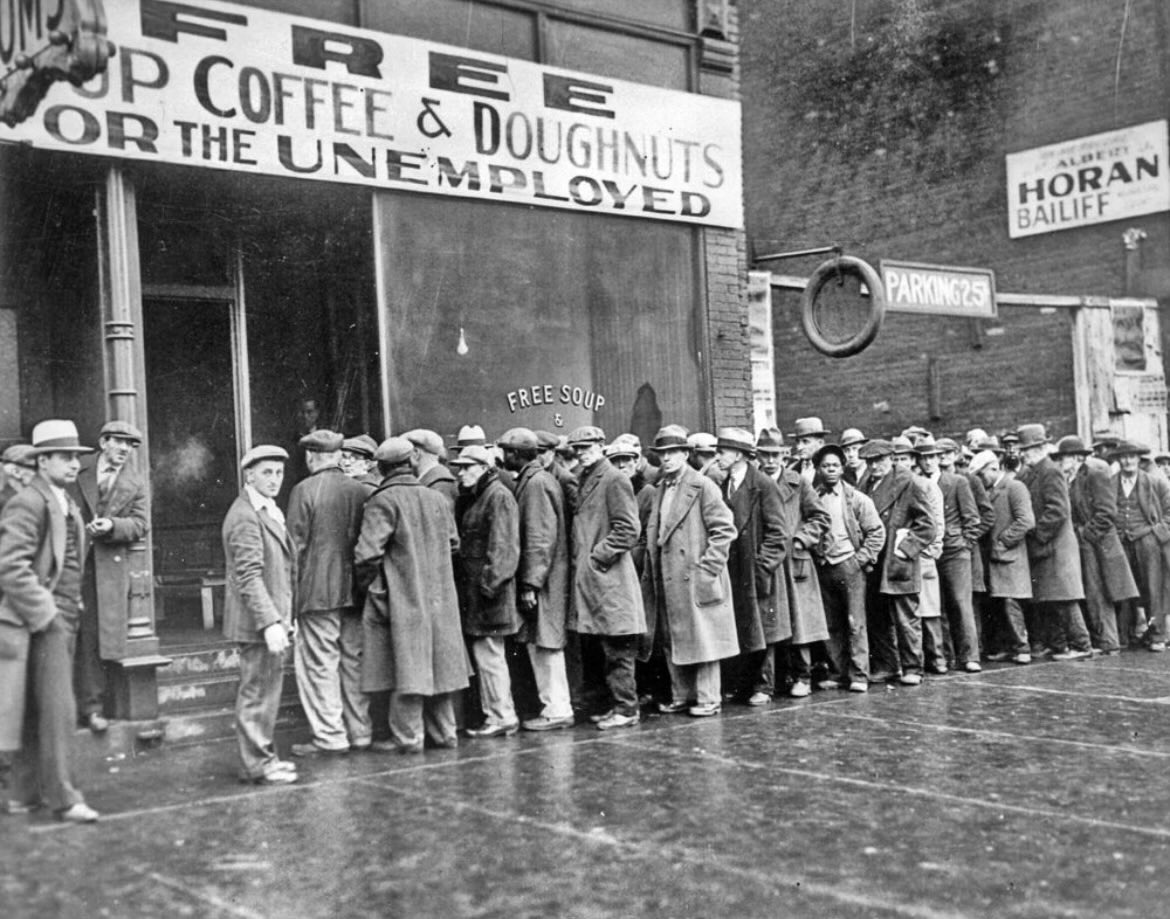
He spoke of the bitter cold, the lack of warm food, and what seemed like fighting without end. Tears began to flow as he told of his best friend dying slowly, much too slowly, in the foxhole with him.
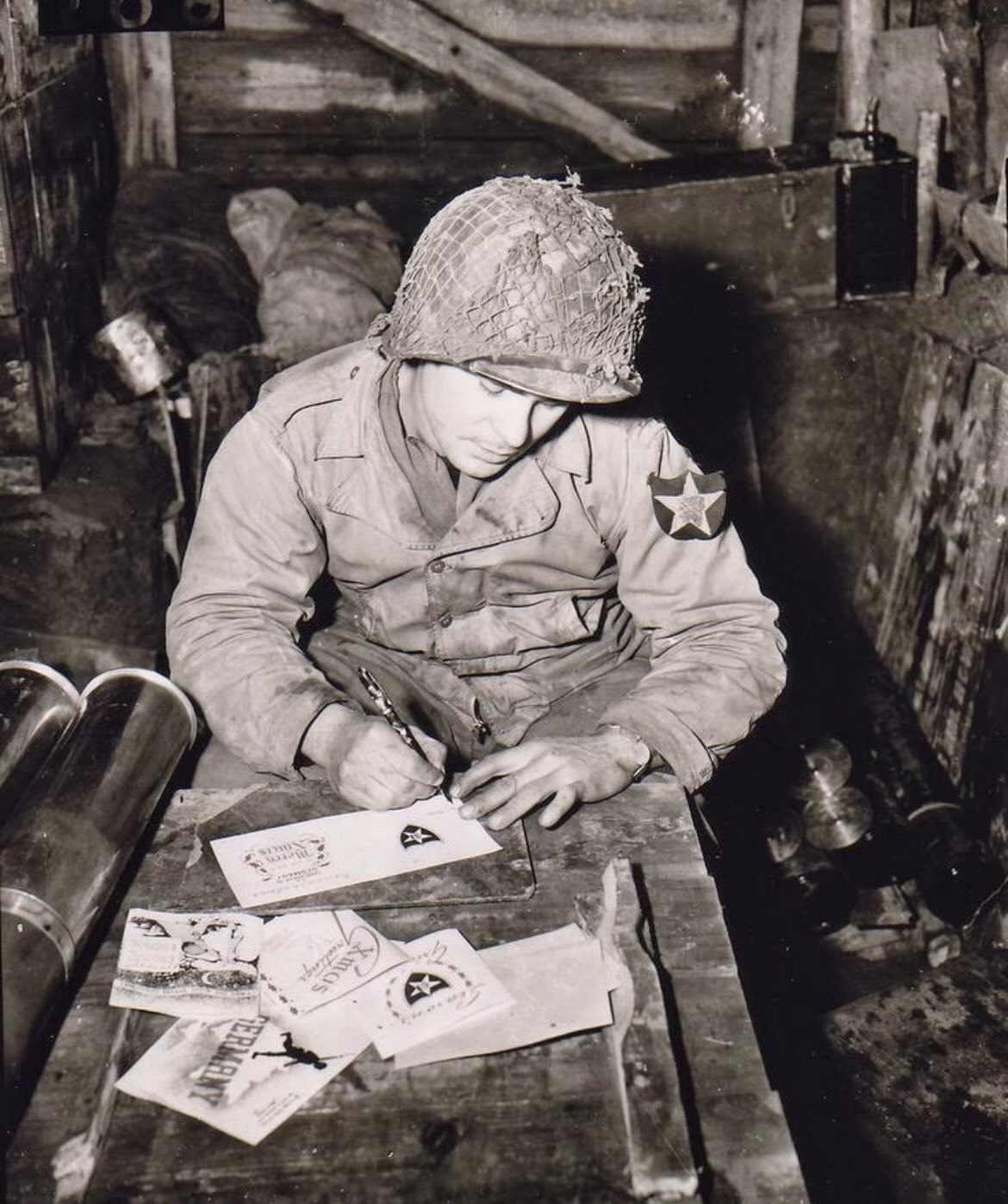
And then, in a horrifying twist, he related how a German soldier leapt into his foxhole and the desperate fight that followed. Out of ammunition, he held the German’s rifle barrel in one hand and beat him to death with a helmet in the other.
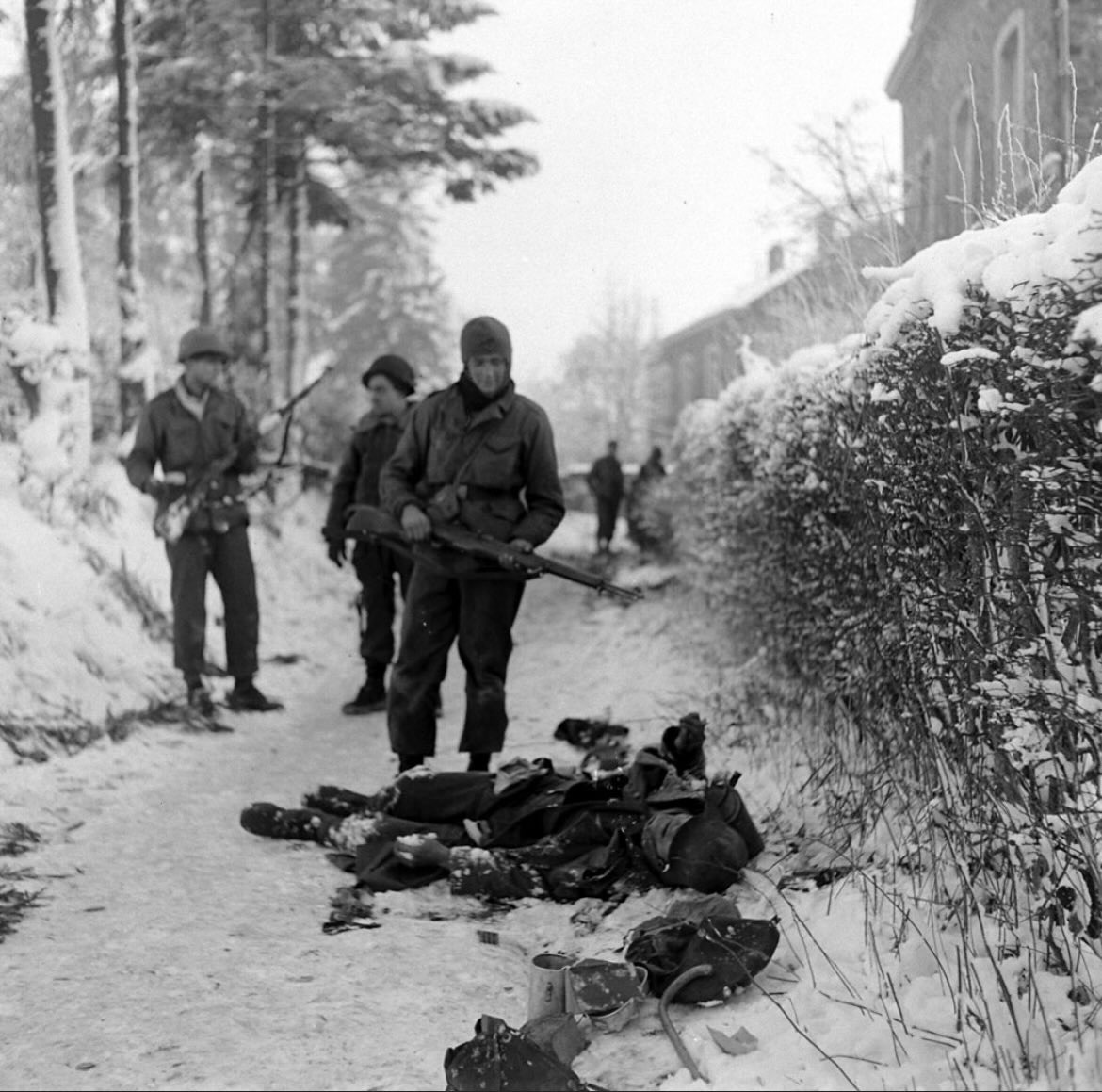
His description was vivid, real, and not the stuff of a typical Sunday morning in church. Sobbing, he concluded by thanking God for sparing him. But he still suffered from nightmares. He felt guilty that he had lived when his friend had died.
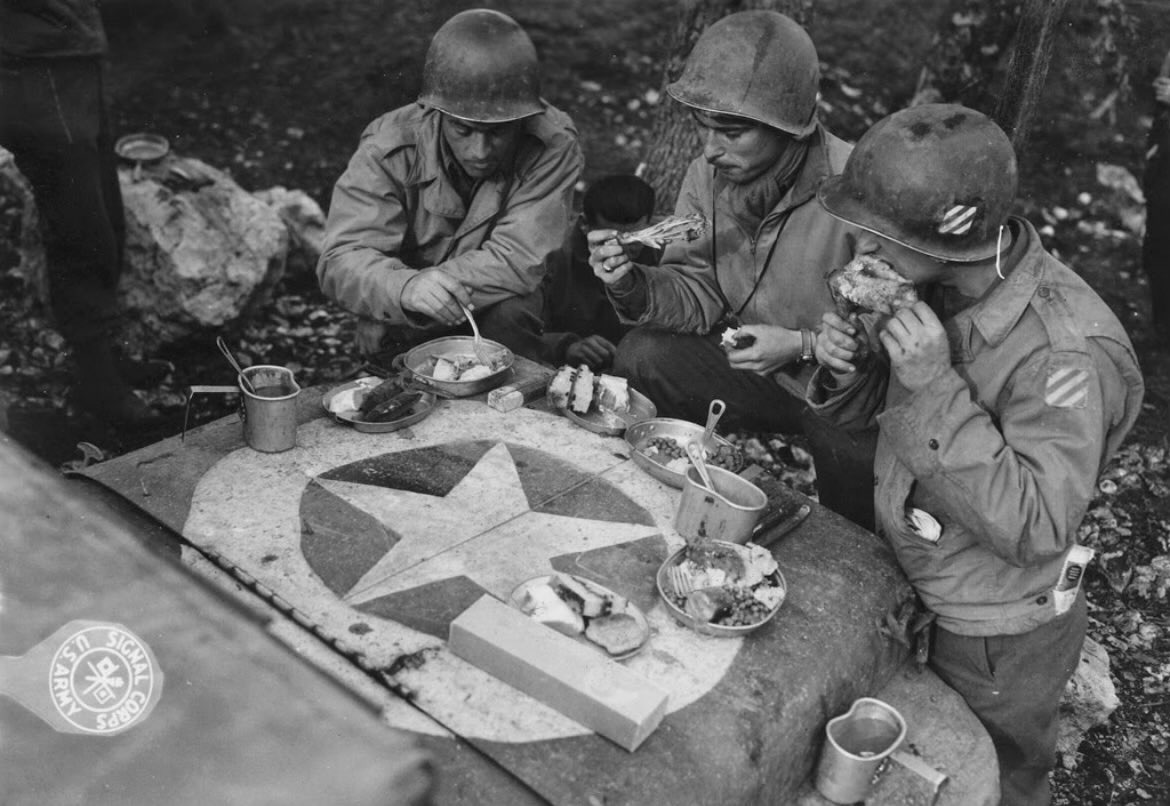
Having grown up in the military, I had heard many veterans’ war stories, and since then I’ve seen my share of violence. But something about this story was unforgettable. I think it was the passionate and painful retelling, so unexpected, so out of step with the spirit of the occasion, and yet so appropriate.
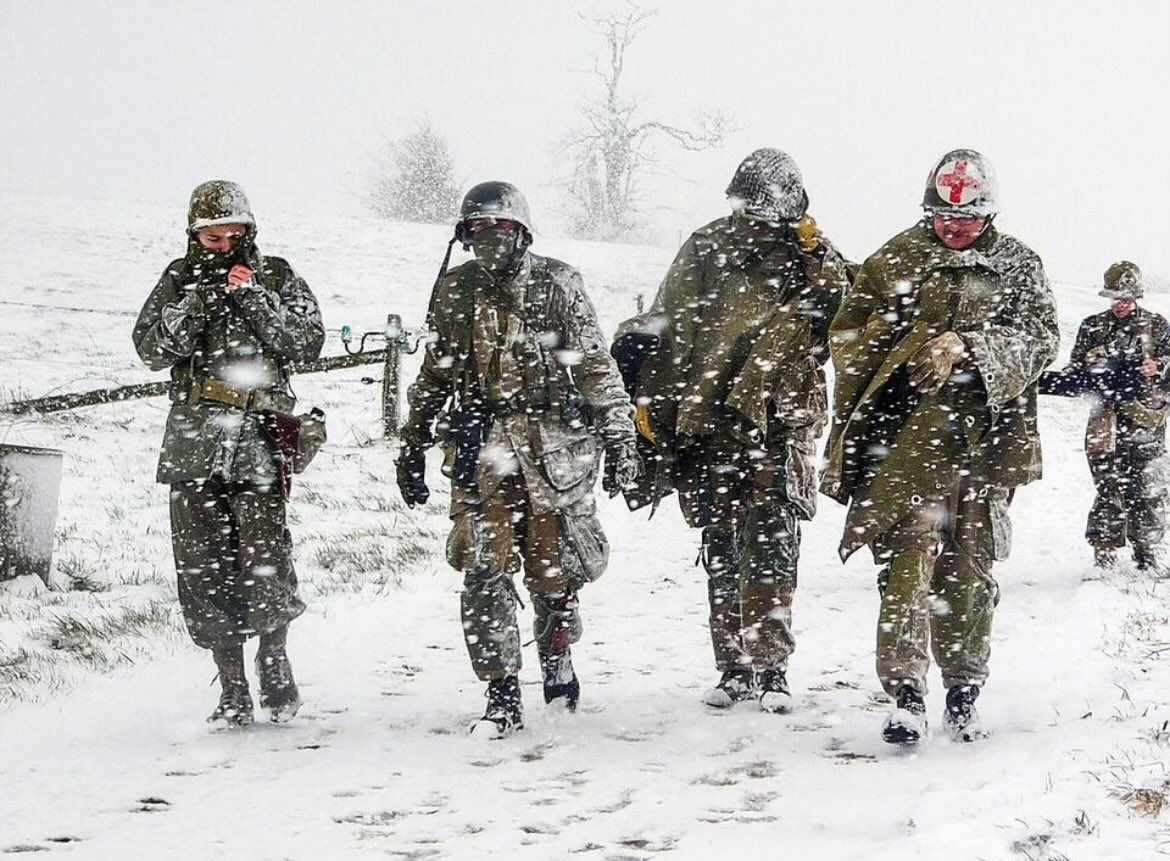
As he noted, our freedoms were purchased at the dear cost of the blood of men he knew just as Christ had purchased us at the cost of His blood.
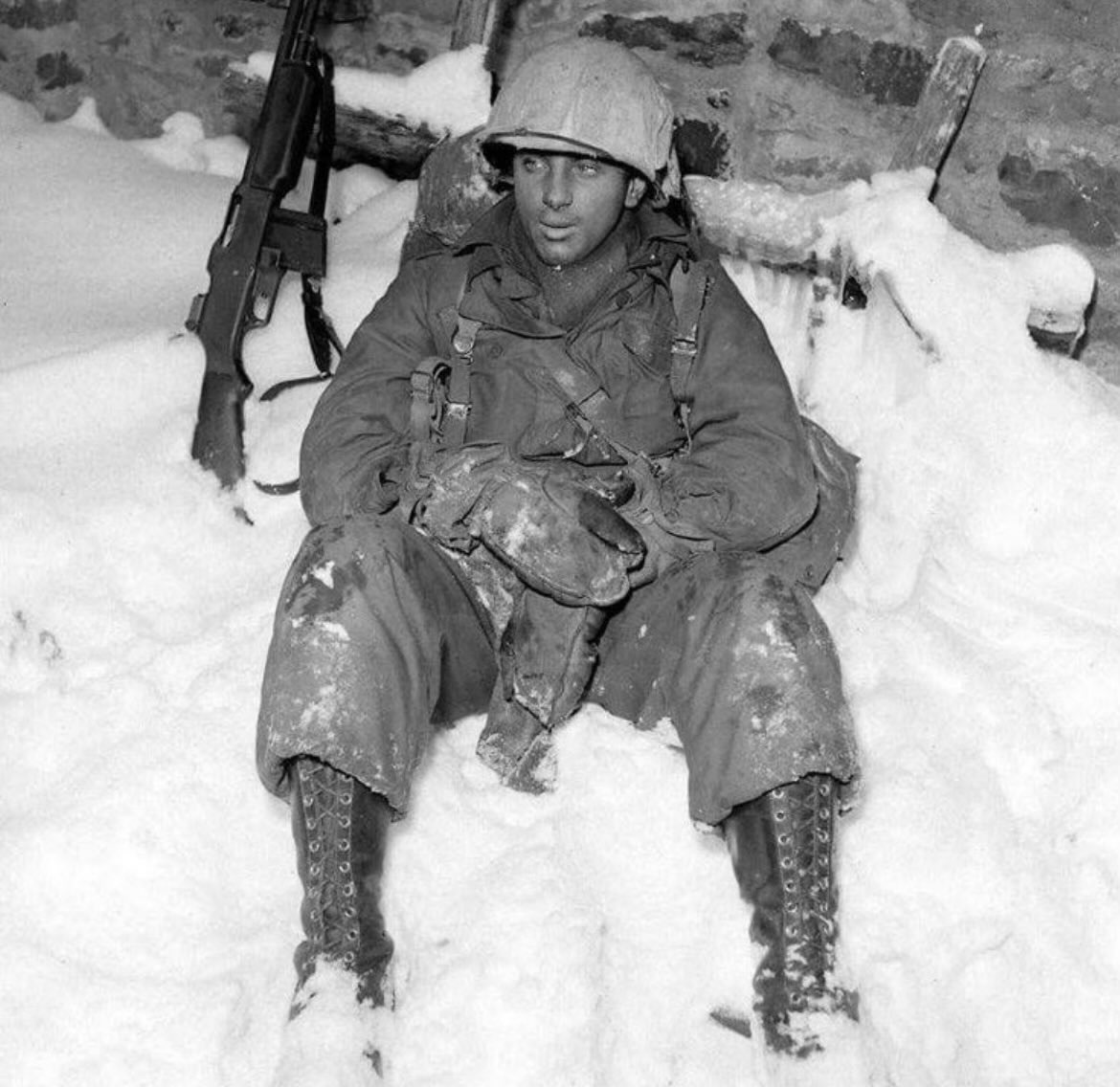
When this old veteran sat down, there was silence but for his sobs. Finally, another man stood. A friend of the first, he said that he, too, had fought in The Battle of Bulge and that the miseries we had just heard were true.
He said his enduring memory of that Christmas Eve was, thankfully, much different. He had been sent to relate German infantry movements to a radio operator in a barn attached to a farmhouse.
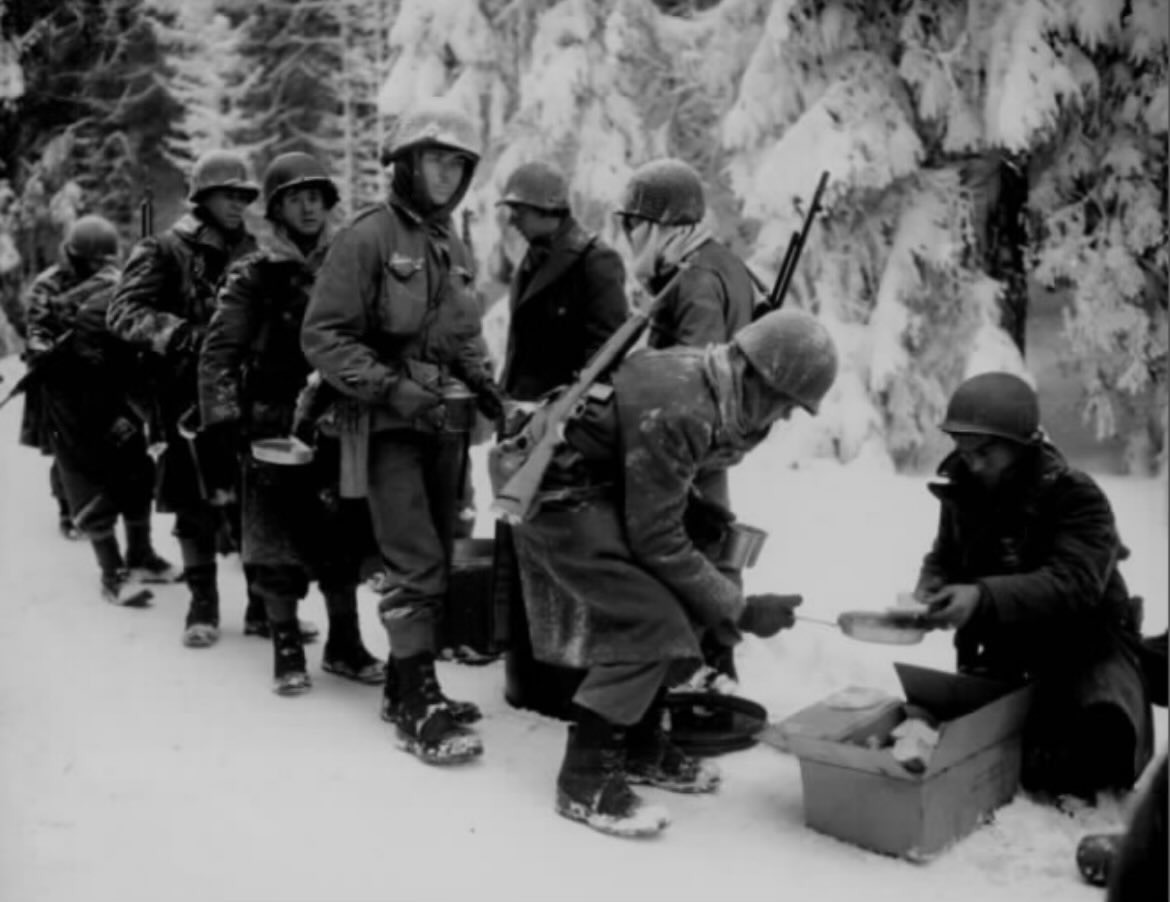
He made his way to the farmhouse through the shelling, opened the barn door, and the first thing he saw was a French girl, a milkmaid, milking a cow by the light of a lantern. He said that to him she was a vision. Like an angel. The sight of a woman in this simple domestic scene in the midst of a heavy German bombardment was incongruous but pleasing to him.
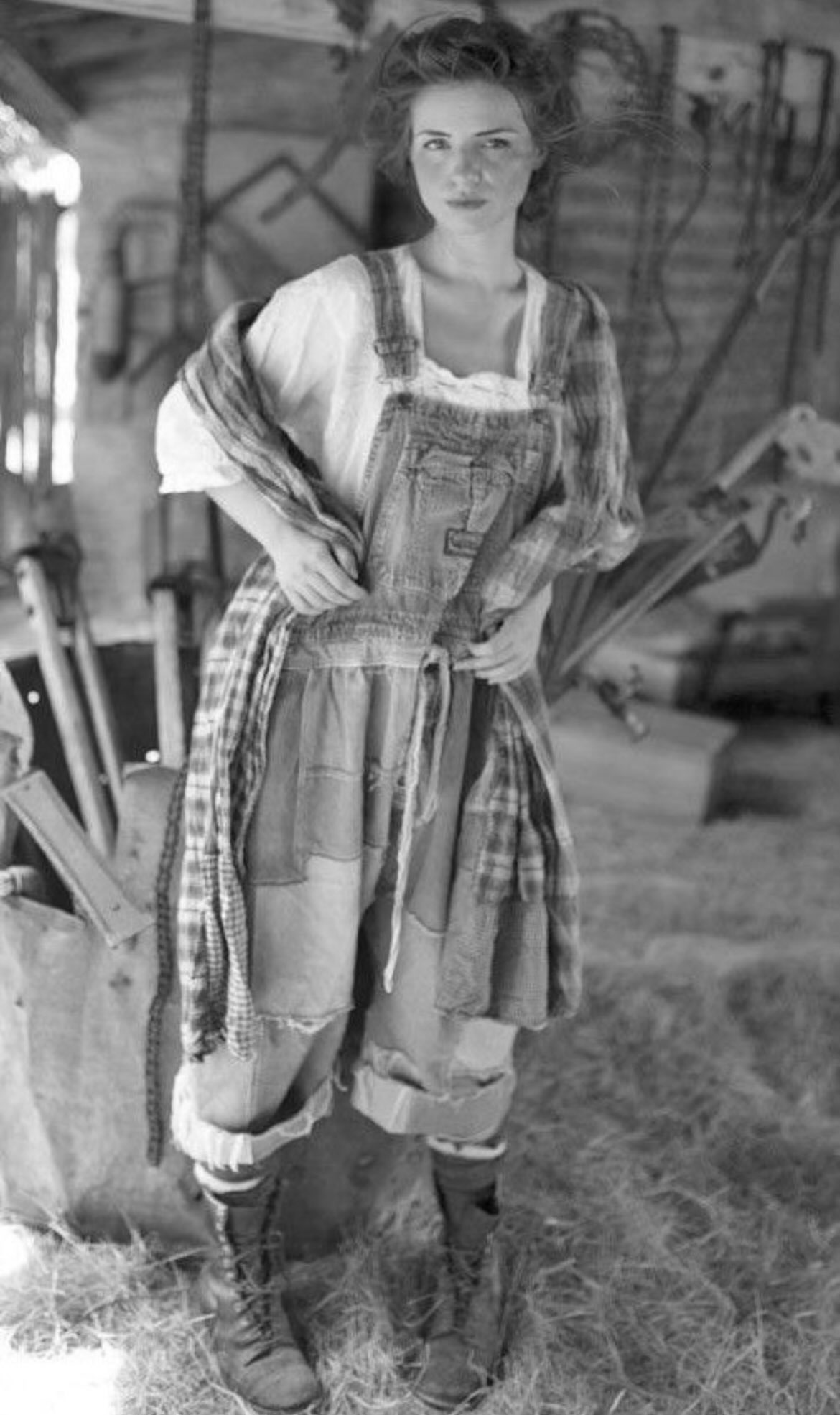
He found the radio operator in the loft, relayed the message, and then asked the young woman if she would permit him to rest there before returning to his unit.
She granted the request, gave him some warm food, and he sat in a pile of hay and fell asleep.
In that barn he slept like a baby for an hour or so in spite of the shelling. Awakened by the stirring of a cow, he arose, put on his helmet, looked around, and for the first time realized it was Christmas Eve and that Jesus had been born in just such a place.
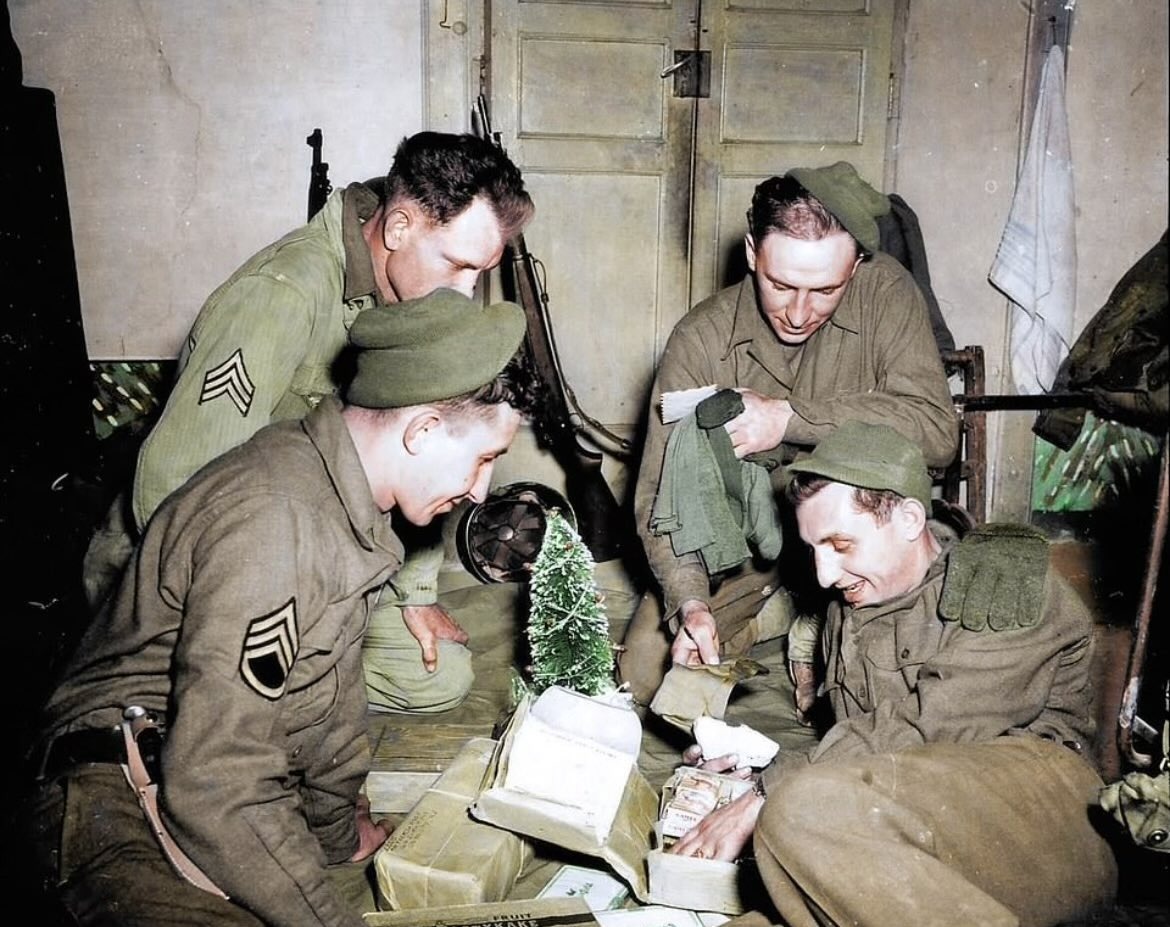
He thanked God, the French girl, and went out and never saw her again.
But the memory of her, of that barn, of that oasis in the midst of such carnage, never left him.
More words, more memories, were shared by others, but I don’t remember any of them. What I remember are those three stories of people who all suffered in their own ways, but whose first thought was to thank God for His mercy and the grace to endure it.
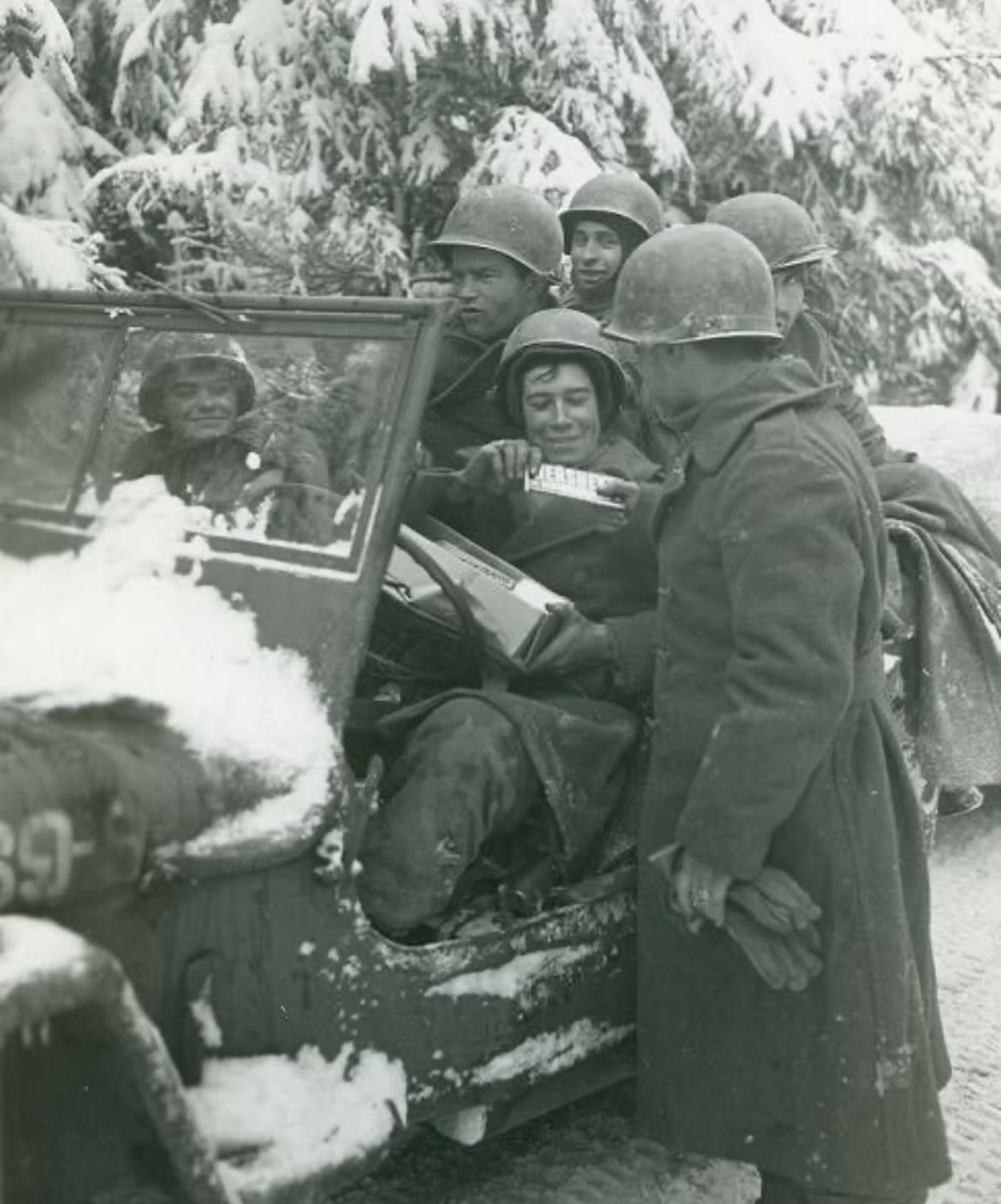
So, this Christmas when you didn’t get that gift you’d hoped for or think your lot in life is difficult, give thanks to the Lord as these men did and recall the sacrifices of those who made your very existence—to say nothing of your salvation—possible.
Let us give thanks as a nation and be worthy of the sacrifices made on our behalf.
Merry Christmas! 🎄🎁
